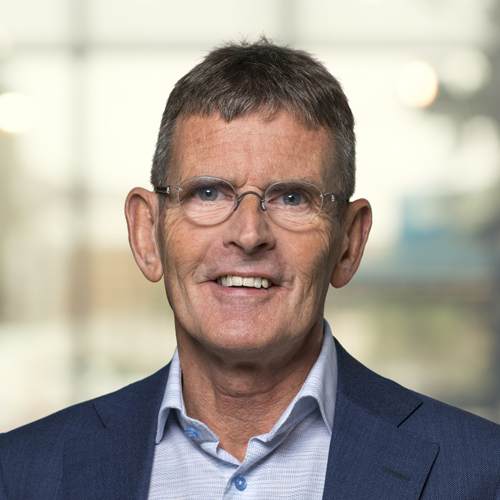
Biomass to fuels and feedstock
Biomass has a prominent role in the transition to sustainability, preferably where sustainable alternatives are not available or only to a limited extent: as a high-grade feedstocks for the biobased economy (e.g. for the production of chemicals), as a fuel for process heat in industry and for aviation, shipping and heavy road transport as well as a back-up or to absorb peaks in heating space and generating electricity. Moreover, the use of biomass offers the possibility of a negative emission of greenhouse gases.
In close cooperation with industry and other knowledge institutions, the TNO Biomass programme is responding to this by developing and implementing thermochemical conversion technology in combination with catalysis and separation technology for the conversion of biomass into chemicals/materials, fuels, electricity and heat. The aim is to maximise value creation through the production of an informed combination of chemicals/materials, biofuels, electricity and heat, with optimum use of "molecular capital" in both biomass and biomass as a sustainable carbon source, with sustainability as a prerequisite. Cascading, the use of residual flows and the closing of cycles, is essential here.
TNO focuses on desk studies (e.g. technology scans, techno-economic evaluations, LCA), in-house technology development, support of industrial technology development and of market implementation and the commercial application of biomass conversion technology with high-quality R&D services. The programme covers the entire value chain from biomass feedstocks (excl. cultivation and harvesting) to end products, and comprises the following four main subjects with related special focus areas:
Biomass preparation and use of residues
- Hydrothermal pre-processing (wet torrefaction, TORWASH®)
- Biochar energy co-production and valorisation of biochar and other residues
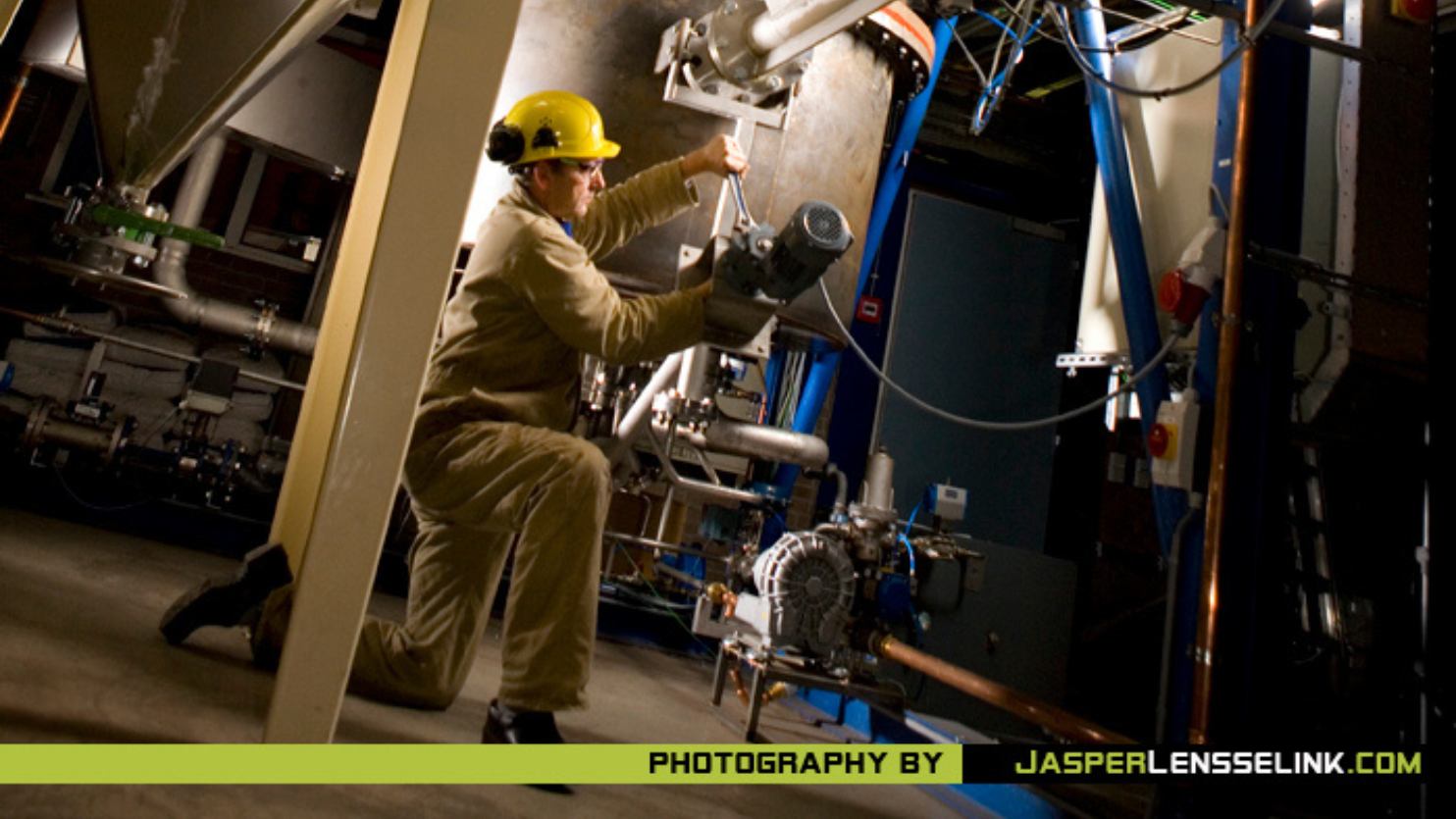
Biomass gasification
- Green gas and green transport fuels
- Co-production of chemicals (BTX, ethylene)
- Support for demonstration and market introduction of gasification and gas cleaning technologies (MILENA/OLGA)
Biomass combustion
- Stand-alone biomass boilers
- Development of the energy island in bio-based/biorefinery processes
- 2nd life of coal-fired power plants
- R&D services to support market implementation
Biorefinery
- Biomass fractionation (including FABIOLA™)
- Processes for the reprocessing of sugars and lignin into raw materials for chemistry and materials (including lignin pyrolysis)
- Seaweed processing
Take a virtual tour of our biofuels lab facilities
More information about our Biofuels lab
Get inspired
Netherlands–India: Collaboration for green hydrogen
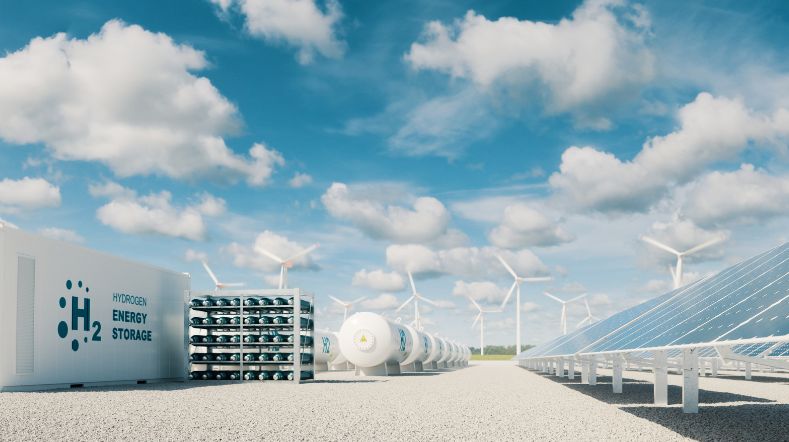

Temporary Special Economic Zone around Rotterdam can prevent climate delays and GDP losses
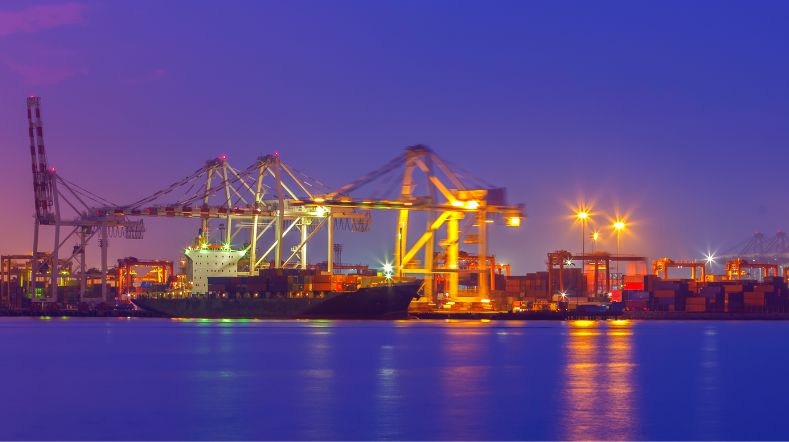

Project to strengthen Dutch-Brazilian collaboration for energy transition


Significant impulse for a sustainable industry employing green hydrogen
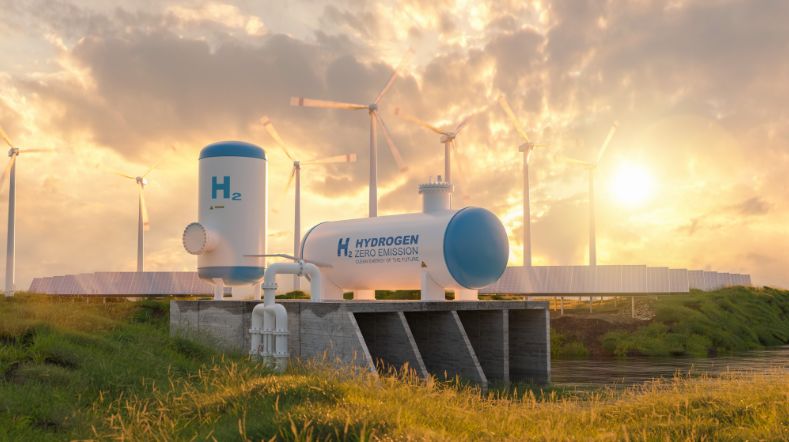

The North Sea as Europe's energy heart requires smart choices




